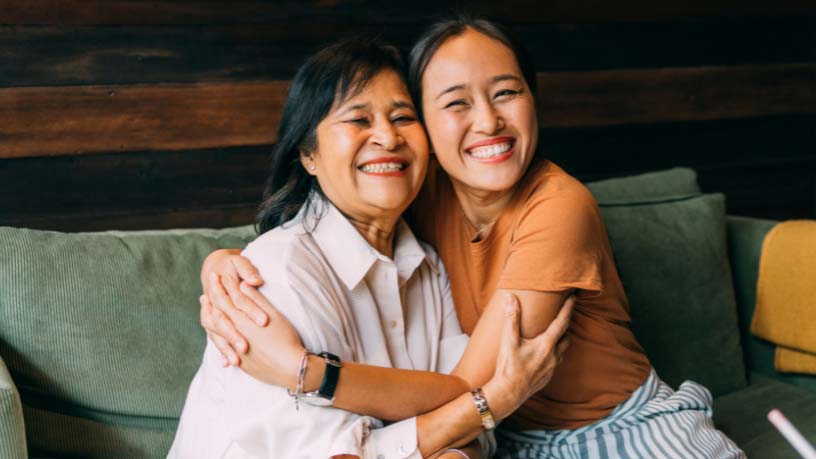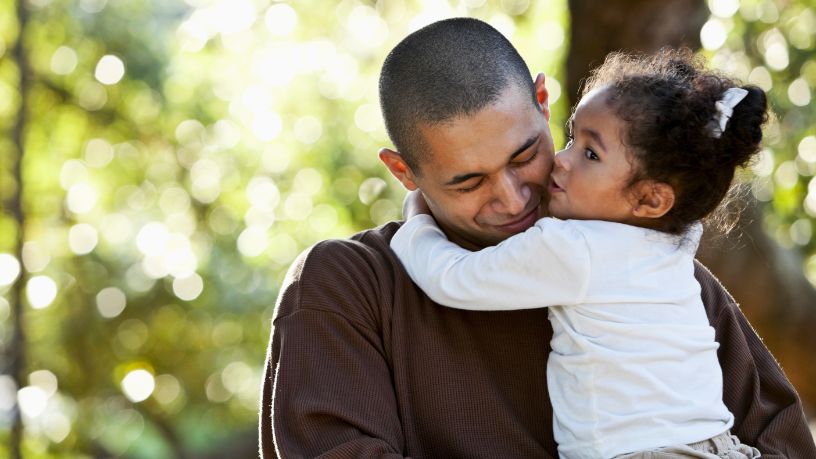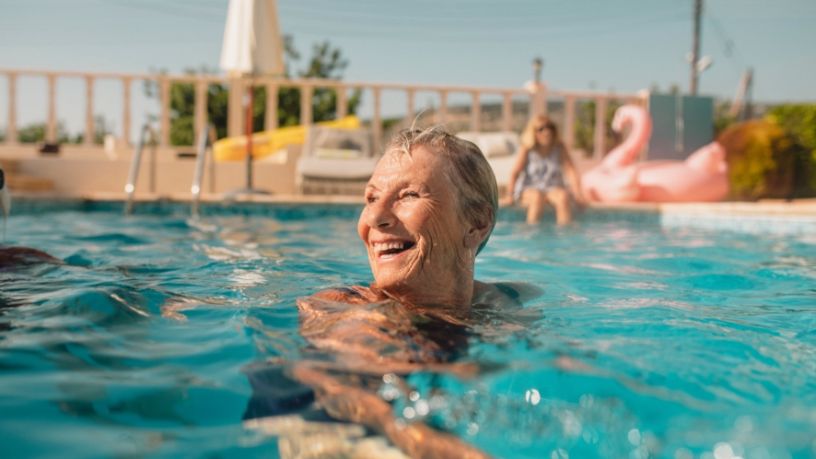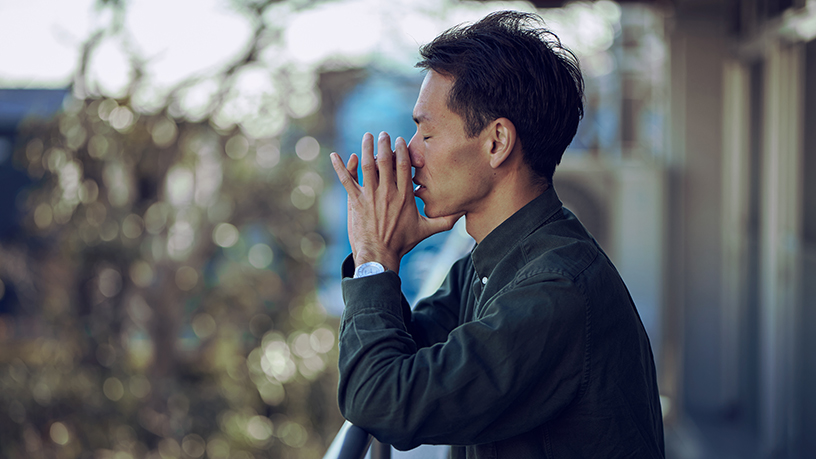Strong relationships are important for your mental health.
Key takeaways
Making connections with others is possible even if you feel lonely.
Talking to your doctor may help reduce social anxiety.
Having strong social relationships is extremely important for your mental health.
Older adults who spend quality time with others report more positive moods and do more physical activity than those who spend time alone.1
“Everyone can feel lonely or be socially isolated, but older people are more susceptible,” confirms researcher at the University of Adelaide, Dr Debbie Faulkner.
“It’s a time of life with significant life change, and those changes can result in social isolation.”
There are many possible causes for social isolation, including feeling disconnected from your community or other lifestyle factors. Many of these can be associated with age.
When you’re older, you’re more likely to:
- have health or mobility issues
- experience the death of a partner or close relative
- move away from employment, making it harder to keep those friendships going or make new groups of friends.
The health effects of social isolation
Social isolation can have a big impact on your mental and physical health.2
This can result in:
- increased risk of depression or anxiety
- difficulty sleeping, or sleeping too much
- unexplained sudden weight loss or gain
- substance abuse (such as excessive alcohol consumption, smoking, or using drugs)
- feeling tired or lacking motivation.
Studies on social isolation show the absence of support in social relationships may be:
- equivalent to smoking 15 cigarettes a day
- equivalent to drinking more than 6 alcoholic drinks a day
- more harmful than not exercising
- twice as harmful as being obese.3
Are you in need of urgent support?
We've put together a list of services for free support that's relevant to where you live, and what you're going through.
How to make connections
If you feel lonely, there are some simple ways you can connect with people.
- Get involved in the community. Most local community centres organise classes and outings. This is a great way to get out of the house and meet like-minded people in the community.
- Volunteer. Volunteering is a great way to make friends, put your skills to use, and make a difference.
- Get out and about. Even small things such as going for a walk in your local park or having a coffee in a cafe are a good way to feel more connected. Try striking up a conversation with someone beside you.
- Call friends and family. Don’t wait for them to contact you and make plans. Let them know you’re feeling a bit down. Ask if they would like to catch up for coffee or a walk.
If you feel anxious about social situations, talk to your GP. They will be able to suggest support services to help you.
Resources
Lifeline Australia offers 24/7 crisis support online and on the phone at 13 11 14.
Beyond Blue offers 24/7 mental health information and support online and on the phone at 1300 224 636.

At Bupa, trust is everything
Our health and wellbeing information is regularly reviewed and maintained by a team of healthcare experts, to ensure its relevancy and accuracy. Everyone's health journey is unique and health outcomes vary from person to person.
This content is not a replacement for personalised and specific medical, healthcare, or other professional advice. If you have concerns about your health, see your doctor or other health professional.
1Ahn, J., Falk, E., & Kang, Y. (2024). Relationships between physical activity and loneliness: A systematic review of intervention studies. Current Research in Behavioral Sciences, 6, 100141.
2Australian Government, Australian Institute of Health and Welfare. (2024) Social isolation and loneliness. Australian Government.
3US Public Health Service. (2023). Our Epidemic of Loneliness and Isolation: The U.S. Surgeon General’s Advisory on the Healing Effects of Social Connection and Community. US Public Health Service.
You might also like...
Health checks and screening at every stage of life
It’s important to make sure you get the right health checks throughout your life, from your 20s to your 50s and beyond. Check out our guide to learn more.
Depression: Knowing the signs and finding help
Depression can look different for everyone. We spoke to a psychologist to find out how to recognise the symptoms of depression and where to get help.
5 ways women can support healthy ageing
Small changes to your daily life can have a big impact on your health as you age. Discover 5 ways to support women’s healthy ageing.
Mental health support for men in Australia
A guide to helping men recognise symptoms of anxiety and depression, find support, and improve their mental health.





